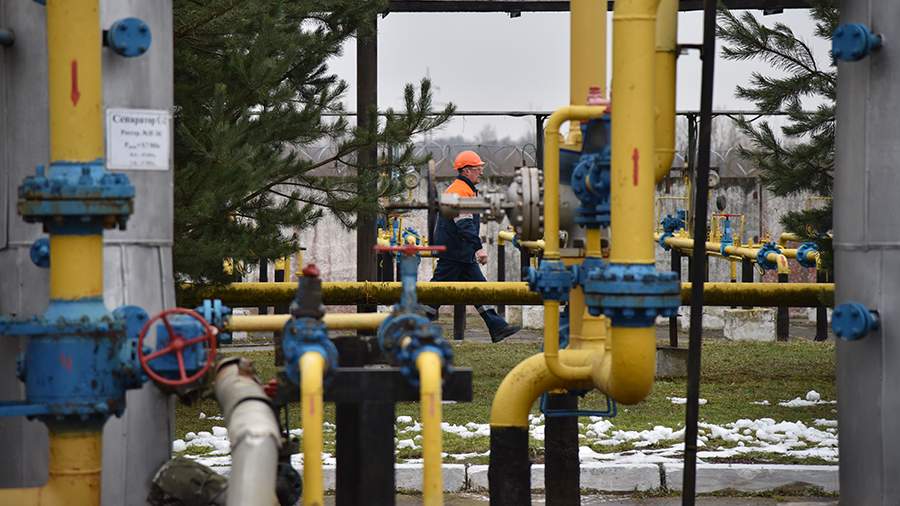State Duma names possible consequence of Ukraine's refusal of gas transit to Europe

European countries may oppose support for Ukraine in connection with the refusal of Ukrainian President Volodymyr Zelenskyy, whose term of office expired on May 20, 2024, from the transit of Russian gas to Europe and the changing situation in the world with the arrival of US President-elect Donald Trump. This was stated by the Deputy of the State Duma Alexei Chepa on Monday, January 20.
"In the run-up to Trump's inauguration, Zelensky made increasingly inadequate decisions, his nervousness was visible. And, I think, in the near future, various positions and conditions will be reviewed. It has just become known that Trump wanted to contact Russian President Vladimir Putin, so I think some shifts towards the negotiation process will begin," the politician said in conversation with Lenta.Ru.
According to the parliamentarian, Europe may find itself in an even more difficult situation on the background of serious foreign policy changes due to the sanctions war, which causes concern among the leaders of the European Union (EU). For this reason, Chepa did not rule out a veto by individual states to help Ukraine because of the cessation of Russian gas transit.
"A lot of things can change. I think Slovakia's position on the veto can be supported by other countries affected by the termination of Russian gas transit. Everyone realizes that this is fraught with huge costs," Chepa concluded.
Earlier in the day, the deputy speaker of the Slovak parliament, Tibor Gašpar, admitted Bratislava's veto on aid to Ukraine. He emphasized that assistance between the states should be mutual, reported on the website kp.ru.
On the eve, the deputy speaker of Slovakia's parliament, Tibor Gašpar, said that due to Zelensky's decision to stop Russian gas supplies through Ukrainian territory, the EU could suffer a €70 billion loss, RT reported. According to him, Slovakia will respond to such actions of the head of the Kiev regime by reducing or stopping humanitarian aid.
At the end of August 2024, Zelensky said that the country would not extend the gas transit agreement with Russia, which expired at the end of 2024. Putin later indicated that Moscow was not giving up gas transit through Ukraine.
On January 1, 2025, Gazprom said it would suspend gas supplies through Ukraine. On the same day, Slovak Prime Minister Robert Fitzo said that this would have drastic consequences for the European Union, but not for Russia.

